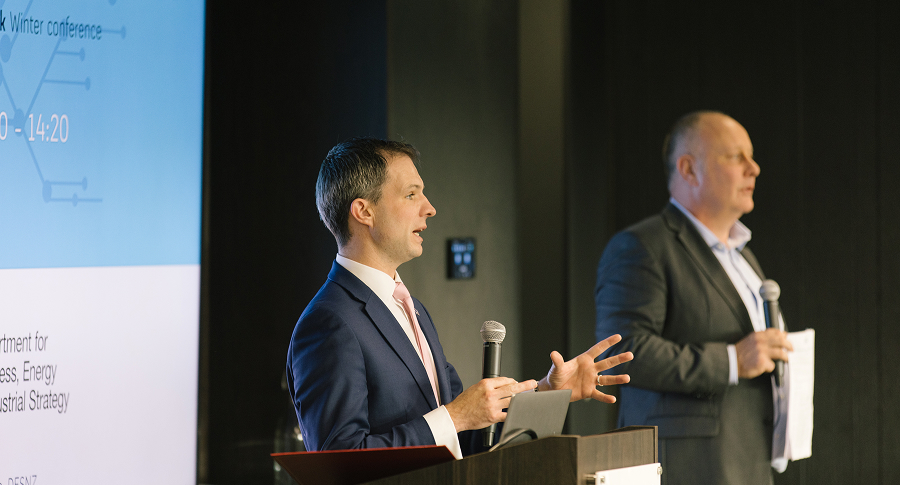Government has proposed several positive changes to the current Contracts for Difference scheme that aim to address the complex challenges expected of the transition to net zero. However, the devil is in the detail.

Government has proposed several positive changes to the current Contracts for Difference scheme that aim to address the complex challenges expected of the transition to net zero. However, the devil is in the detail.

The Contracts for Difference (CfD) scheme has been instrumental in encouraging investment in low-carbon electricity generation and achieving notable cost reductions. Despite recent obstacles, the CfD continues to play a crucial role in supporting varying renewable generation and is being adopted by several EU countries. However, to fulfil the UK's ambitious net zero emissions objective by 2050 and power sector decarbonisation targets by 2035, the CfD framework needs to evolve in response to shifting dynamics within the low-carbon sector, addressing issues related to assessing non-price factors and mitigating potential market distortions.
While broadly seen as a positive step towards the UK's net-zero goals, careful consideration of each proposed change is needed to ensure the CfD mechanism adequately reflects industry evolution and avoids discouraging developers from participating. In particular:
Allocation Round 7 (AR7) and rounds thereon – expected annually from 2025 – are the focus of this consultation. Yet that doesn't mean yesterday's budget announcement for AR6 – expected to open at the end of the month – is any less significant. The AR6 budget announced by government is the largest yet, with over £1 billion available to low-carbon generation, inclusive of £800 million pot for offshore wind and a £10 million ringfence for tidal stream. The sizeable uplift in budget is welcomed by Regen and demonstrates the ambition to implement low-carbon technologies across the UK following the tribulations of AR5. However, more can be done to ensure that the most capacity is supported; like realistic methodology assumptions and acknowledging the pipeline of eligible CfD projects.
Across all future Allocation Rounds, government need to ensure that policies in place support the maximum possible capacity and that applicants are not disincentivised from applying to the process. Any delay to development risks delays to investment, delays to consumer benefits and delays to net zero.
Sign up to receive our monthly newsletter containing industry insights, our latest research and upcoming events.